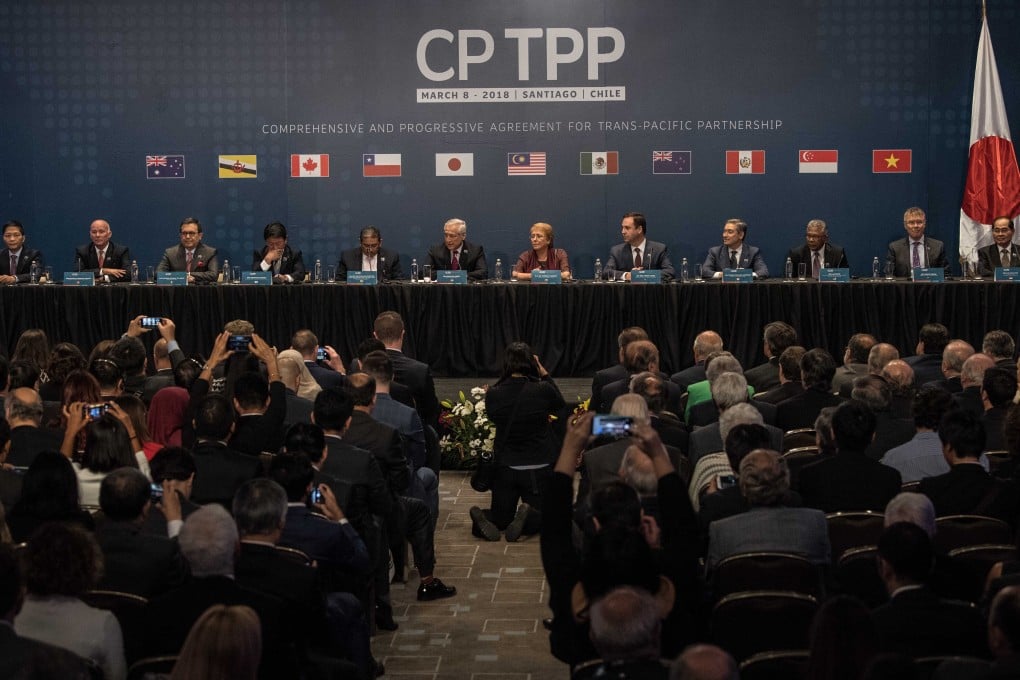Opinion | China and the CPTPP: is it time to rethink Beijing’s involvement in the trans-Pacific trade pact?
- China’s attitude towards joining the Comprehensive Progressive Trans-Pacific Partnership Agreement has moved from suspicion to a more open-minded approach
- The trade pact could serve China’s own development goals and would accelerate its market-oriented reforms

In a press conference held for the third session of the 13th National People’s Congress on May 28, Chinese Premier Li Keqiang reaffirmed Beijing’s interest in joining the Comprehensive and Progressive Agreement for Trans-Pacific Partnership.
The CPTPP is the final product of the negotiation of the widely-known Trans-Pacific Partnership (TPP) which was led by the United States from 2008 until US President Donald Trump withdrew from it in January 2017.
For the pre-Trump administrations, the TPP played a crucial role in the US strategic pivot to the Asia-Pacific by seeking to exert influence on regional economic integration and contain the rise of China.
While China was excluded from the negotiations, its attitude toward the TPP has evolved over time from being highly suspicious of the political motivation behind it to open-minded while carefully weighing the pros and cons of the agreement.

04:12
Are Xi Jinping’s China and Donald Trump’s US destined for armed conflict?
Although Premier Li’s statement is a reiteration of China’s open-minded approach, it did not go beyond the existing position. This suggests that China’s decision-makers and stakeholders remain uncertain as to whether the benefits of the CPTPP membership would outweigh the costs and therefore remain divided on whether to proceed.

